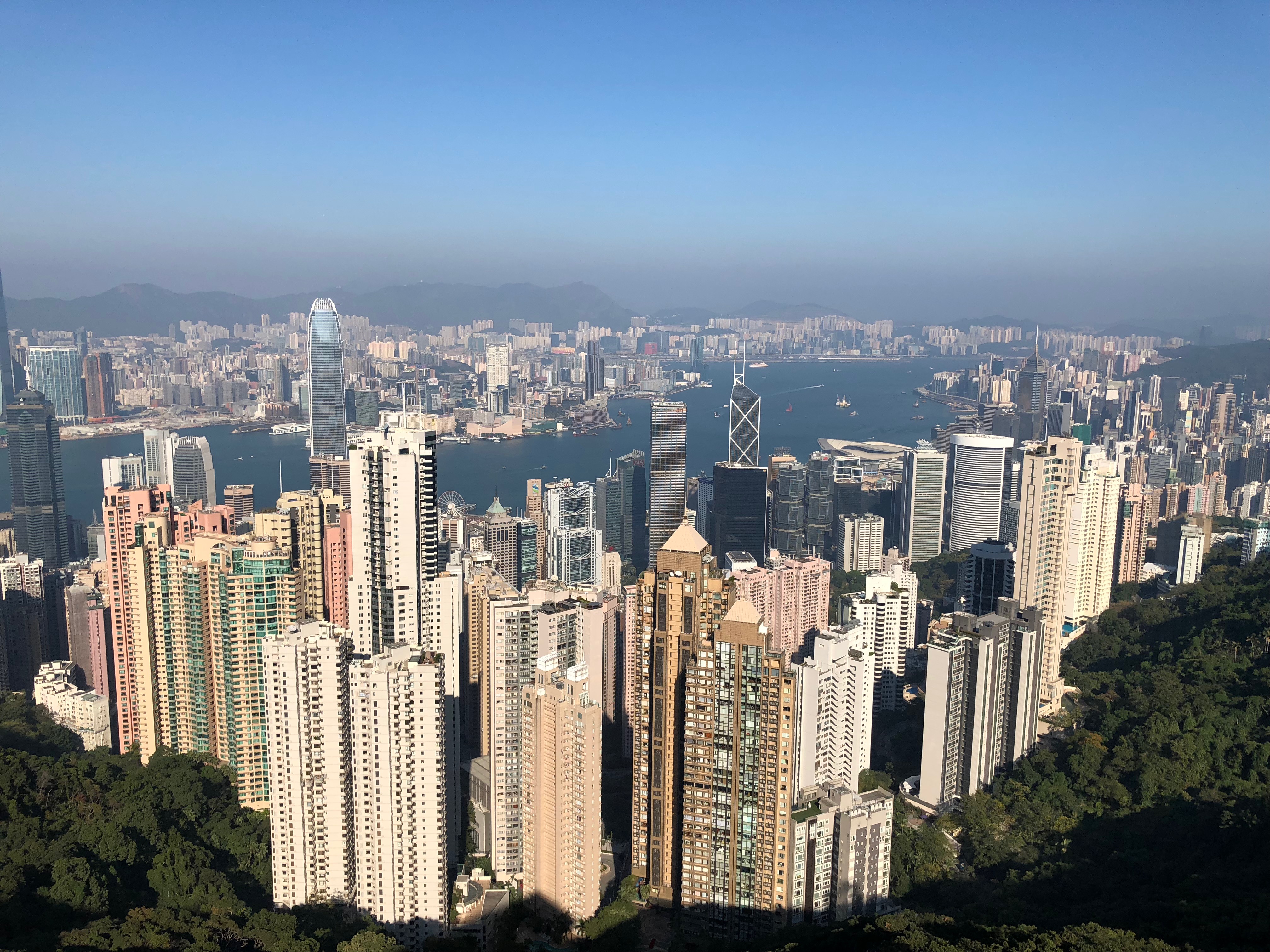Change is like an earthquake. It happens unexpectedly, tears people’s homes apart, and reshapes the geography of the planet. It leaves thousands of befuddled victims in its wake, forced to cope with and understand a new world. I was unfortunate enough to experience an earthquake. One day, when I was in fifth grade, I came home from school to my parents having a massive argument. It persisted for hours. I hoped and prayed they’d forgive each other, that no damage had been done, but like two tectonic plates, my parents diverged. They told me they were getting a divorce.
The landscape of my life irrevocably changed. My dad had already started seeing someone else and moved into an apartment in Hong Kong with her. My mom re-entered the dating world not long after and became a writer. Child support, custody, and dating became everyday words in my home. My life became unrecognizable. I knew there was nothing I could do to bring my old life back—my parents reminded me again and again and again—yet I still felt deep down there was something I could have done, that their divorce was in part my fault.
I couldn’t forgive myself, nor could I move on. Nobody else in my family seemed troubled anymore—they accepted our new circumstances. That only made me feel more powerless, like I was losing more than I already was. The lack of control over my life frustrated me, and I took every opportunity to vent and spread my negative emotions. I hoped they’d reconsider their divorce if they saw how it changed my life for the worse.
My parents went through with their divorce anyway, to my dismay. When it was over, I felt even more frustrated with myself. It was physical evidence my new life was here to stay. The divorce was real, and I couldn’t stop it.
Time passed. My family moved on and rebuilt their lives. I tried, too, but I still struggled to accept that my mom and dad were no longer together. Because my dad’s life in Hong Kong was so far from mine in the States and I only saw glimpses of his life through FaceTime, I was able to perpetuate the belief that the divorce wasn’t real. If his life wasn’t real, maybe it wasn’t too late to bring back my old life.
But my dad wanted to make his life real for me. He wanted me to spend the summer with him. My older sister visited him two summers ago and had such a great time she couldn’t wait to go back. I agreed to experience my dad’s new life with her, even though part of me hoped I’d get off the plane and find nothing there. Instead, as the plane landed last summer, I saw the Hong Kong skyline. I saw the airport terminal. I saw my dad waiting for me at baggage claim. Was this real? I hugged him. He was real, like the world around me.
In the car to his apartment I looked out the window the whole time, studying the city. I waited for it to dissolve into nothingness, or for me to wake up in my own bed, but we eventually reached our destination. I was anxious. What would I see when I entered my dad’s apartment? The rational, progressive part of me knew I’d see my dad’s new wife and daughter, but the frustrated, regressive part of me still held onto my dwindling belief the divorce wasn’t real and that everything would go back to normal soon. We entered the building, went up the elevator, and walked through the apartment door.
My stepmother and little sister were waiting for us at the dinner table. We sat down. Spaghetti bolognese was served, my dad’s favorite. I looked around the table. I saw my older sister playing with my little sister, laughing. I saw my dad talking to my stepmother, smiling.
Earthquakes destroy cities and reshape the planet, but when the dust settles something new—something beautiful—is created. There was nothing I could’ve done to stop my parents’ divorce, but at that dinner, I realized even if I could’ve done something, I shouldn’t have. I forgave my mom and dad for moving on. I forgave myself for being powerless.
I wrapped the spaghetti around my fork and took a bite.


